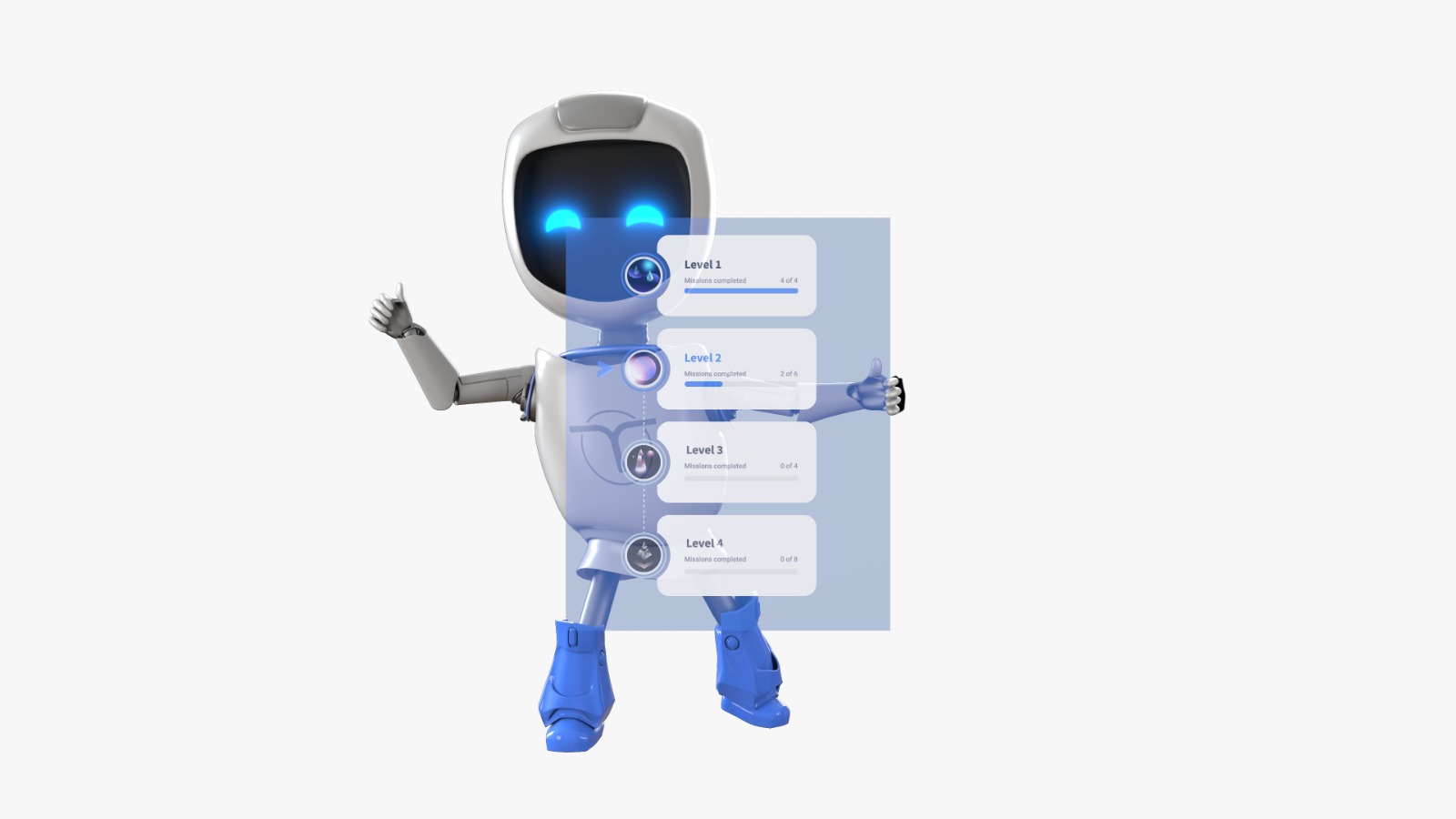It’s easy to overlook the importance of soft skills in today’s tech-driven world. After all, your team knows how to handle the latest tools, software, and processes with ease, right? But here’s the harsh reality: without solid communication, problem-solving, and collaboration, your business could be sinking in unseen quicksand. A study by LinkedIn revealed that 92% of talent professionals believe soft skills are just as important—or even more crucial—than hard skills. And yet, most companies admit their teams are sorely lacking in these key areas.
In fact, research shows that poor communication alone costs companies an average of $62.4 million per year. If that doesn’t make you sit up straight, consider this: a report by the World Economic Forum found that by 2025, more than half of all employees will need significant reskilling in soft skills to stay competitive in the workplace. Ignoring the soft skills gap is like leaving cracks in your company’s foundation—cracks that will grow into bigger, costlier problems down the road.
So, the question is: Are your employees falling short in soft skills? And if so, how much longer can your business afford to wait before fixing it?
How Can Your Company Benefit from Your Employees’ Soft Skills?
Soft skills are the backbone of a well-functioning, cohesive team. They make the difference between a productive workforce and one that’s constantly misfiring. When your employees possess strong soft skills, your company benefits in several key ways.
First, improved communication within teams leads to better collaboration and more efficient problem-solving. When your employees can communicate clearly and listen actively, there are fewer misunderstandings, which means fewer costly mistakes. Second, strong soft skills like adaptability help your business stay agile. In an ever-changing marketplace, your team needs to be flexible and able to pivot quickly to new strategies or customer needs. Finally, employees with high emotional intelligence foster a positive workplace culture, which translates into higher employee retention and satisfaction. And when people love where they work, productivity soars.
In short, soft skills directly contribute to smoother operations, better teamwork, and an overall boost in business success.
Top 5 Soft Skills Your Team Needs and What to Do If They Don’t Have Them
There’s no denying that technical skills are essential, but soft skills are the glue that holds everything together. Let’s look at the top five soft skills your team needs—and what you can do if they’re missing from your workforce.
1. Communication
Explanation: Communication is the lifeblood of any organization. Whether it’s sharing ideas, giving feedback, or resolving conflicts, the ability to communicate effectively impacts every part of your business.
Take Action: Start by offering communication workshops. Focus on both verbal and non-verbal communication skills, active listening, and clarity in writing. Incorporate role-playing exercises to simulate real-life work scenarios.
Example: A marketing firm improved team efficiency by 25% after introducing weekly communication huddles, where employees practiced clear messaging and listening skills.
2. Adaptability
Explanation: The ability to quickly adapt to changing circumstances is more crucial than ever. In a world that’s constantly evolving, an adaptable employee is one who can thrive under pressure and navigate uncertainty with ease.
Take Action: Encourage a growth mindset among your team by offering training sessions on embracing change. Provide opportunities for cross-training in different roles so employees become more comfortable stepping outside their usual tasks.
Example: After initiating adaptability training, a tech company saw a 30% increase in project turnaround times as employees learned to shift priorities without losing focus.
3. Problem-Solving
Explanation: Every workplace faces challenges. Employees with strong problem-solving skills don’t just react to issues; they anticipate them and develop creative, effective solutions.
Take Action: Offer workshops that focus on critical thinking and decision-making. Use real-life case studies from your industry to teach structured approaches to problem-solving.
Example: A manufacturing company that integrated problem-solving exercises into their weekly team meetings reduced downtime by 15% due to faster issue resolution.
4. Emotional Intelligence (EQ)
Explanation: Emotional intelligence, or the ability to understand and manage one’s emotions and those of others, is key to creating a harmonious workplace. High EQ fosters better teamwork, reduces conflict, and enhances leadership.
Take Action: Host EQ training sessions that help employees build self-awareness and empathy. Encourage practices like mindfulness and reflective listening to improve emotional regulation.
Example: After implementing EQ workshops, a financial services firm saw a 40% drop in internal conflicts, resulting in higher employee satisfaction.
5. Time Management
Explanation: Time management is essential for meeting deadlines and maintaining productivity. Employees who can prioritize tasks and manage their time effectively help keep projects on track and avoid burnout.
Take Action: Introduce time management tools and techniques during onboarding or training sessions. Teach your team how to set realistic goals, prioritize tasks, and avoid distractions.
Example: A healthcare company improved operational efficiency by 20% after introducing daily time management practices, such as using task prioritization matrices and time-blocking techniques.
Extra Tips: How to Assess Candidates’ Soft Skills
Hiring for soft skills is tricky, but not impossible. Here’s how to assess these intangible qualities during the hiring process:
- Behavioral Interviews: Ask candidates to describe how they’ve handled situations that required soft skills, like resolving a conflict or managing a difficult project. Questions like “Tell me about a time when you had to adapt to a significant change at work” can provide valuable insights.
- Role-Playing Scenarios: Put candidates in simulated work situations where they need to demonstrate communication, teamwork, or problem-solving skills. Observe how they navigate these challenges.
- Personality Assessments: Tools like the Myers-Briggs Type Indicator (MBTI) or DiSC profiles can offer a clearer understanding of a candidate’s natural tendencies when it comes to interacting with others.
How Can Code of Talent Help Develop Your Team’s Soft Skills?
At Code of Talent, we specialize in making soft skills training engaging, accessible, and results-driven. Our microlearning platform allows employees to develop essential soft skills through bite-sized, interactive content that fits into their busy schedules. Whether it’s boosting communication, enhancing emotional intelligence, or refining problem-solving abilities, our platform offers personalized learning paths tailored to your team’s needs.
We provide real-time feedback, progress tracking, and practical exercises to ensure your employees not only understand soft skills but can apply them in their daily tasks. With Code of Talent, you can close the soft skills gap in your workforce and unlock your team’s full potential.
Don’t Let a Soft Skills Gap Hold Your Business Back
Soft skills are no longer optional—they’re essential. If your business is lacking in areas like communication, adaptability, and problem-solving, you’re likely experiencing slower growth, lower productivity, and frustrated employees. But the good news is, it’s not too late to fix it.
By investing in soft skills training today, you can create a more resilient, collaborative, and effective team that’s ready to face any challenge.
Ready to develop your team’s soft skills? Explore Code of Talent’s platform here and start transforming your workforce!
Photo: Freepik





